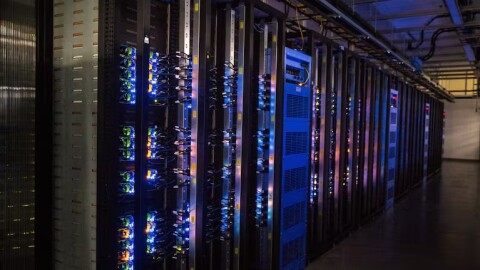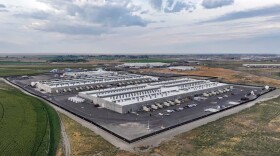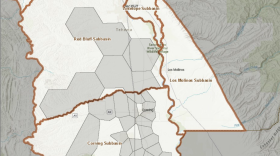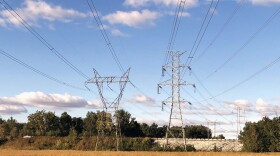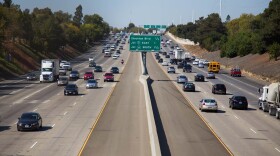-
Jeff Miller joins the Exchange.
-
A boom in data centers and the end of federal vehicle emissions standards means Oregon will fail to meet its 2035 greenhouse gas emissions reduction goal by two years, according to an analysis completed this month. But state officials pushing to drastically cut carbon emissions say it’s not too late to get back on track.
-
Oregon is looking for contractors to help kickstart a new heat pump incentive program, as part of the state’s ongoing push to reduce carbon emissions by supporting a move toward more efficient home heating and cooling systems.
-
Environmental groups want to revive higher payments to panel owners. But the subsidies were unfair to non-solar ratepayers, regulators say.
-
House Bill 3546, known as the POWER Act, is now headed to Gov. Tina Kotek’s desk. It could lead to higher rates for industrial electricity customers that currently pay much less per kilowatt hour than residential customers.
-
Officials warn that sinking ground, linked to groundwater loss, threatens infrastructure and long-term water storage.
-
The latest package from Oregon Democrats would raise revenue for electric vehicles, buses, mass transit and bridges through higher taxes and fees on cars, gas and payrolls.
-
Joining the Exchange to shed more light on the issue is State Representative Pam Marsh, a chief sponsor of the bill in the Oregon House.
-
For years, Oregon has been working to write and enforce rules to reduce greenhouse gas emissions from commercial trucks. Now the Trump administration and the U.S. Senate could derail that effort.
-
Beginning in 2027, grocers and restaurants will have to use recycled paper bags.
-
Joining the Exchange is Beth Boos, the Community Engagement Manager at the Rogue River Watershed Council and John Speece, the Project Manager.
-
Interview with the author of The Age of Melt
-
Oregonians looking to purchase or lease an electric vehicle can now apply for some cash back, as the state reopens its popular rebate program this week.
-
The U.S. Senate voted Thursday to prevent California from enforcing regulations on tailpipe emission from new cars and trucks, upending state regulations for the nearly 40% of Americans whose states follow California standards.



